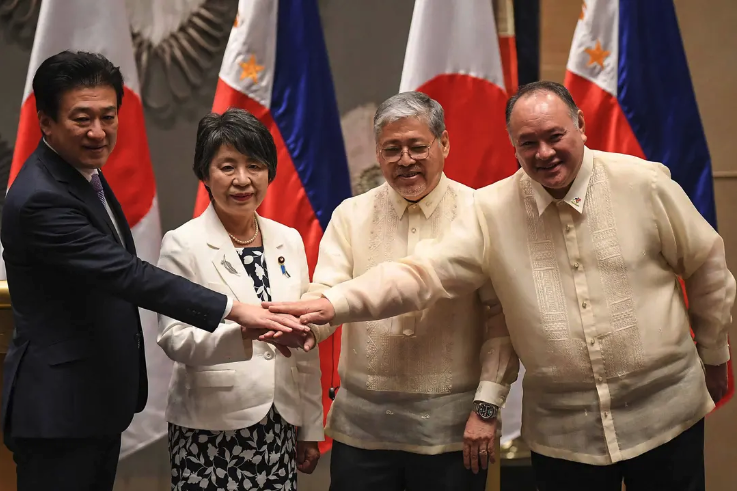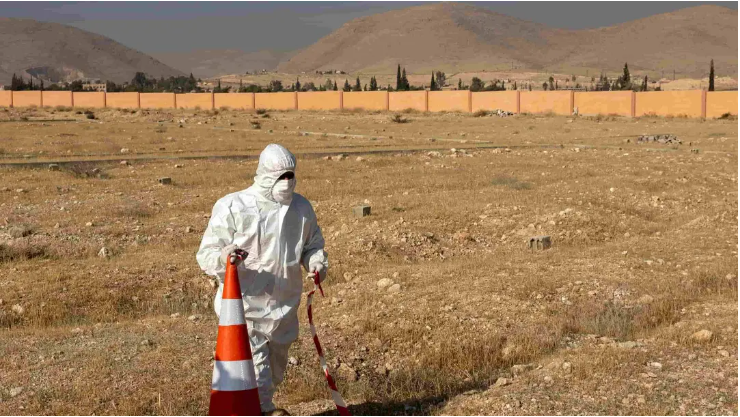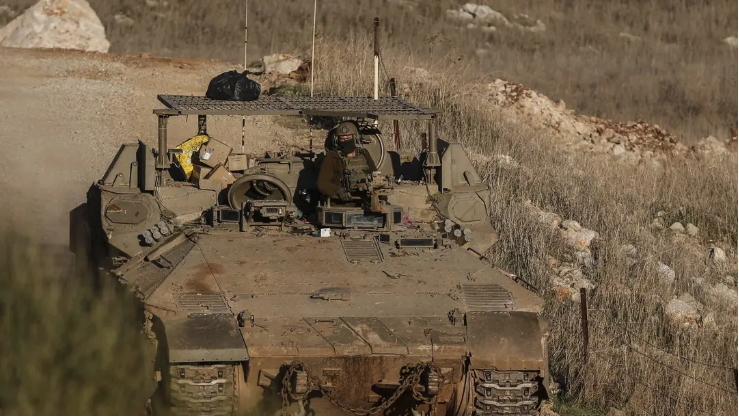Philippines Ratifies Defense Pact With Japan
The Philippine Senate unanimously ratified a Reciprocal Access Agreement (RAA) with Japan, marking the first such defense pact Japan has signed in Asia, allowing military deployments on each other's territory.
Facts
- The Philippine Senate unanimously ratified a Reciprocal Access Agreement (RAA) with Japan, marking the first such defense pact Japan has signed in Asia, allowing military deployments on each other's territory.[1][2]
- The defense and foreign ministers signed the agreement in July 2023 to facilitate joint military exercises and disaster response operations. However, it requires final approval from Japanese lawmakers before taking effect.[3][4]
- This defense cooperation framework enables easier entry of military equipment and troops between the two nations, enhancing interoperability between Japanese and Philippine forces.[1][4]
- Both nations are key US allies, with Japan hosting approximately 54K American troops and the Philippines maintaining similar visiting forces agreements with the US and Australia.[1][5][6]
- Japan also has comparable RAA arrangements with Australia and Britain and is currently negotiating a similar agreement with France.[1][5]
- The agreement comes amid regional tensions, particularly regarding territorial disputes in the South China Sea, where China claims most of the waters through which $5T in annual trade passes.[5][7]
Sources: [1]Reuters, [2]Al Jazeera, [3]NHK, [4]Radio Free Asia, [5]The Japan Times, [6]Global Affairs and [7]Barron's.
Narratives
- Pro-establishment narrative, as provided by Al Jazeera and Radio Free Asia. The RAA strengthens regional security cooperation and promotes stability in the Indo-Pacific region by enhancing military interoperability and disaster response capabilities between trusted partners, while upholding international law and rules-based order.
- Establishment-critical narrative, as provided by Global Times. The agreement represents a concerning military expansion that could escalate regional tensions and trigger an arms race in Southeast Asia, while disregarding historical sensitivities regarding Japan's World War II presence in the Philippines.







